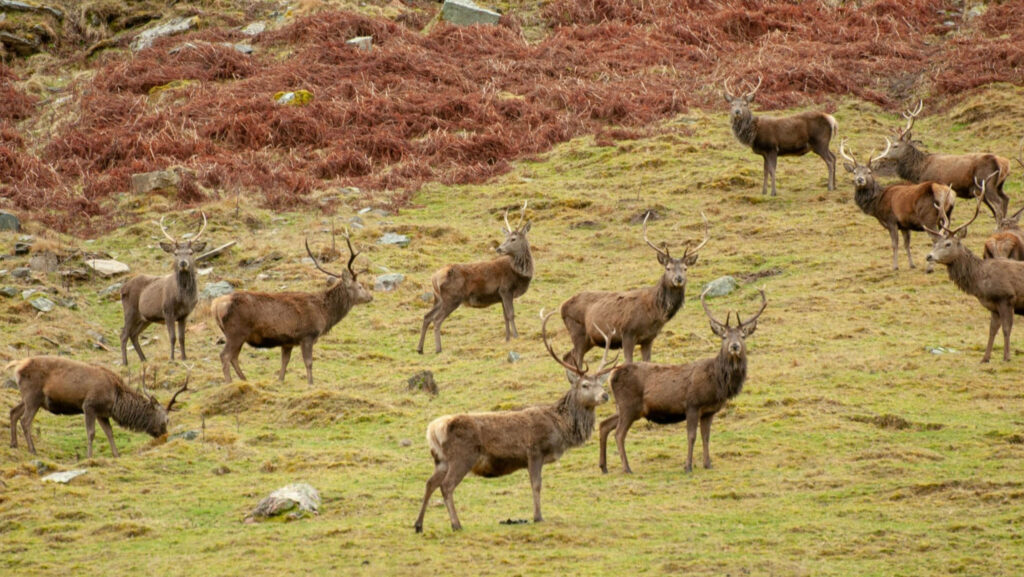Scottish farmers fear government plans for deer culling
 © Adobe Stock
© Adobe Stock Landowners and farmers may be forced to pay for controls to wild deer numbers in Scotland, if Holyrood decides to implement some of the proposals set out in a recent government consultation.
That consultation on deer management closed on 29 March, and includes the prospect of NatureScot being given legally enforceable powers to order farmers to reduce deer populations.
Known as Deer Management Nature Restoration Orders (DMNROs), farmers may have to pay for fencing, and submit cull plans and cull reports, or risk a £40,000 fine and/or a three-month jail sentence.
See also: Are wolves the solution to booming deer population?
It comes as the UK’s wild deer population has soared. In Scotland, it is estimated that the wild deer population has doubled since 1990, to more than one million.
Rural business organisation Scottish Land & Estates describes plans for DMNROs as “heavy-handed”.
Controls
Private landowners already facilitate about 80% of deer management controls, said its wildlife management policy adviser, Nadia Flaherty.
She said landowners felt they were “being targeted for punishment” by government, instead of being partners in a “collective modernisation effort”.
“The criterion for DMNROs is extremely vague and subjective, and Scottish ministers must be clear how they would impose such orders, which would lead to substantial interference in an individual’s property rights.”
Resources
NFU Scotland has concerns too, including that some land managers lack resources for controls.
It wants the government to allow them to instead use local stalkers or hunting groups to carry out these actions safely and humanely.
The union also wants farmers to receive financial help for humane deer management, but warns about those who could try to “game” the system.
In its consultation response, it says farms with commercial shoots or who lease shooting rights on their land should be treated differently for payments from those who need to control deer numbers, but who don’t also benefit from commercial transactions.
“Likewise, there must be measures in place to protect against claims from landowners who may have deliberately avoided deer control, despite having sufficient resources available to them, simply to access financial aid,” the union said.
In England, Defra is about to launch its own deer management strategy in response to a burgeoning population.
